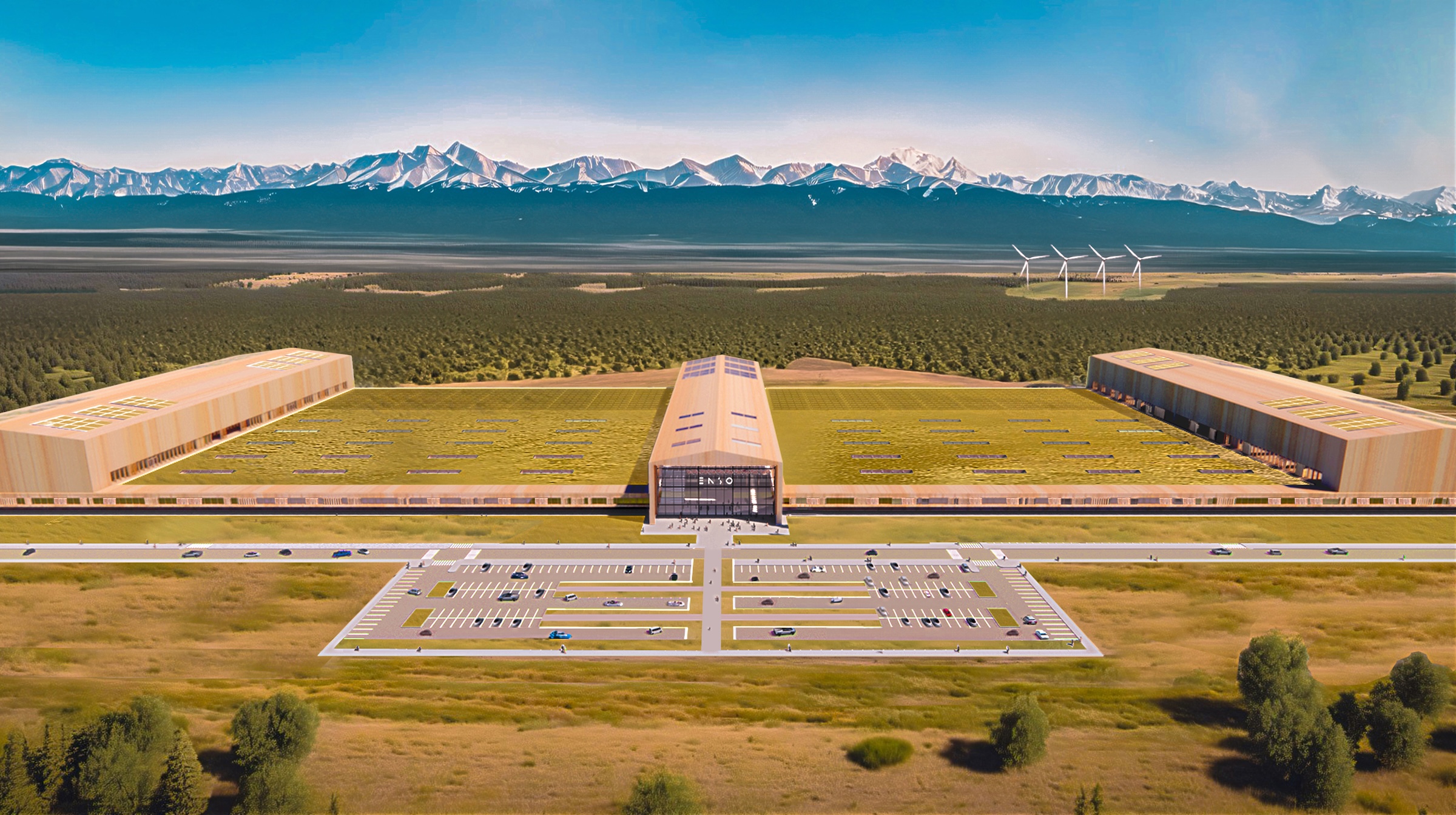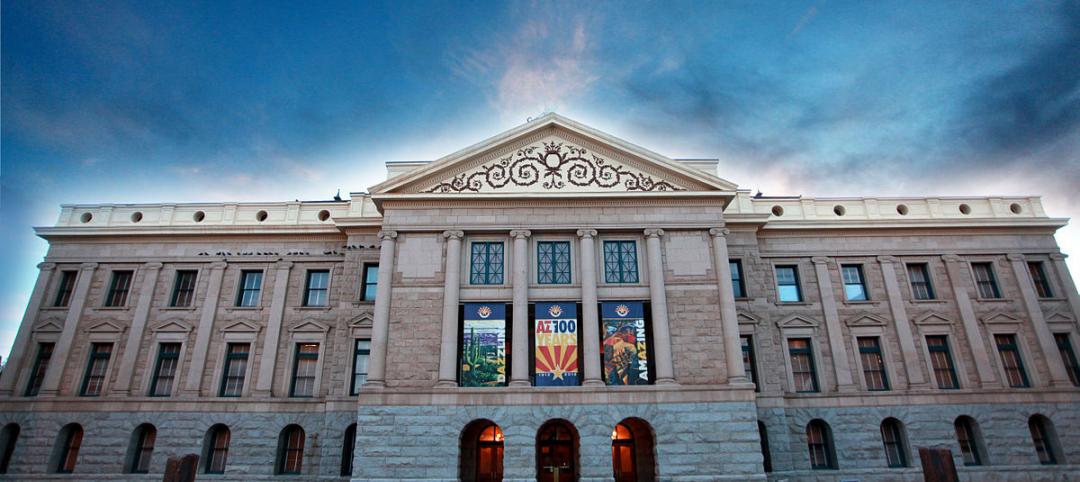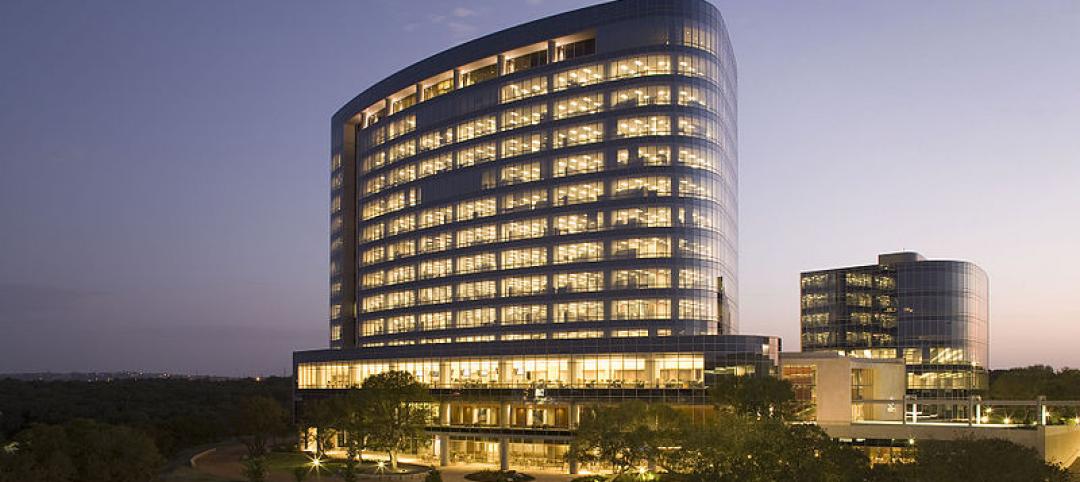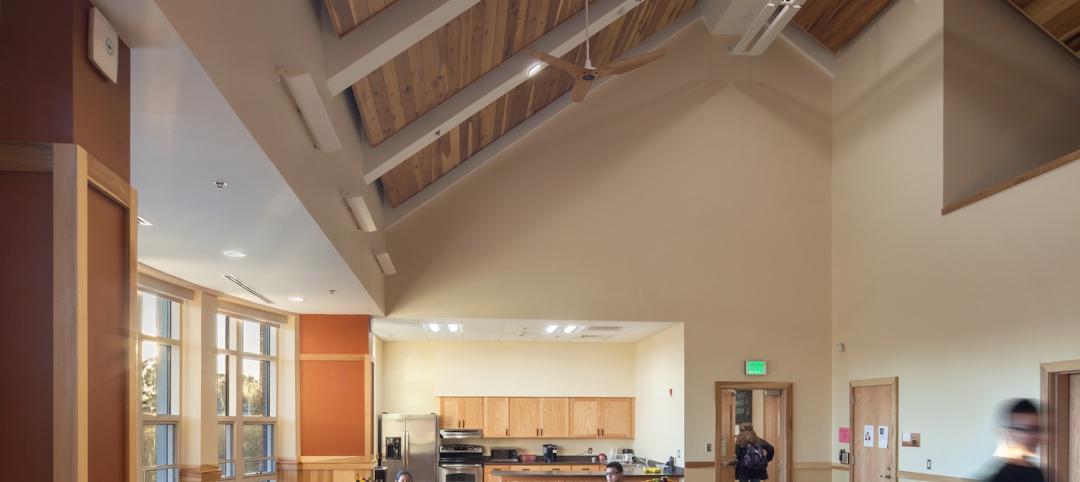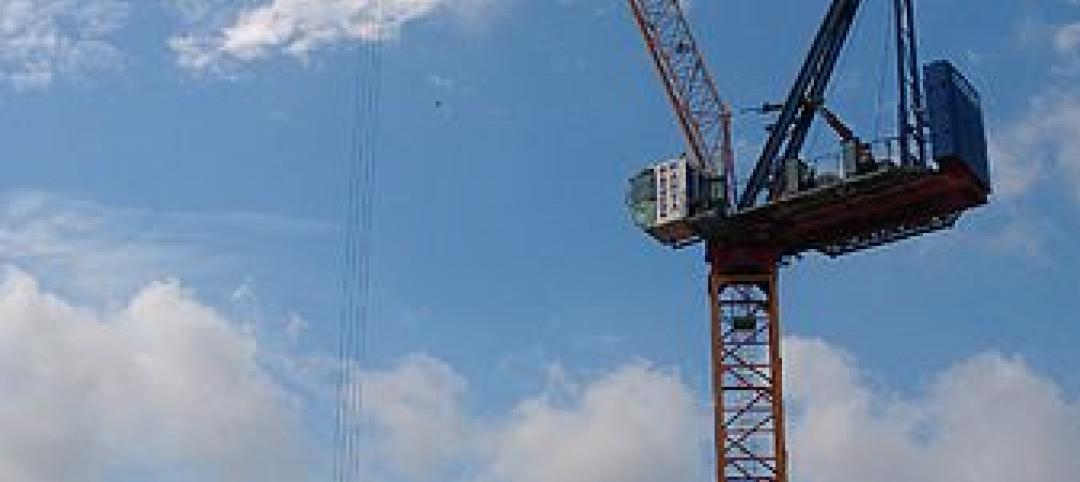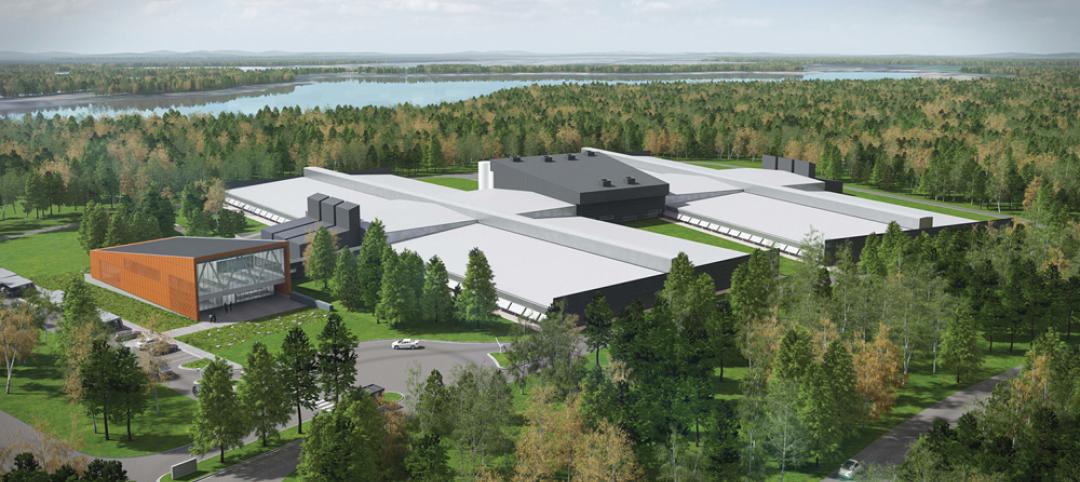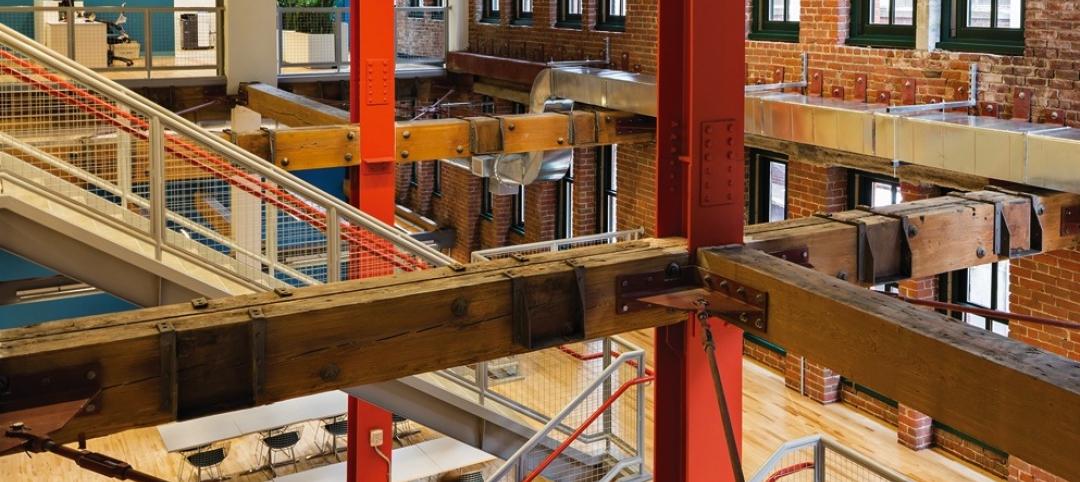ENSO, a U.K.-based company that makes tires for electric vehicles, has announced plans to build the first carbon-neutral tire factory in the U.S.
The $500 million ENSO technology campus will be powered entirely by renewable energy. The first-of-its-kind tire industrial campus aims to be carbon neutral without purchased offsets, using carbon-neutral raw materials and building materials.
In its first phase, the factory will produce five million EV tires annually by 2027 and create 600 jobs. The factory will expand to 2,400 jobs when built out to its full production capacity of 20 million tires, which ENSO says is 8% of the total annual U.S. tire market. To accelerate and scale innovation, the ENSO technology campus will integrate research and development production under one roof.
Most tires sold in the U.S. today are imported, ENSO reports. The factory aims to reduce U.S. reliance on imports and enhance domestic production. Possible factory locations include Colorado, Georgia, Nevada, and Texas, among other states.
“The U.S. is the best place for ENSO to establish its first carbon-neutral tire factory,” ENSO CEO Gunnlaugur Erlendsson said in a press statement. “With strong regulatory support and a significant market opportunity, we are committed to bringing our innovative, low-emission, low-cost tires to American consumers. This factory will make tires more affordable, reduce tire pollution, create great jobs, and drive sustainability in the U.S. tire industry.”
ENSO says it has signed a letter of interest with the Export-Import Bank of the United States to establish the factory in the U.S. Technology partner Rockwell, development firm Arup, and investors 8090 Industries and Galway Sustainable Capital are also supporting the project.
ENSO’s mission is to make EVs more successful and reduce tire pollution, which is responsible for 6 million tons of particulate matter emitted globally, per the statement. The company says its tires increase EV range by 10% and reduce particulate matter emissions by 35%. ENSO plans to phase out all fossil fuel-based raw materials from its products by 2030, replacing them with bio-based renewable and low-carbon alternatives.

Here is the full press release from ENSO:
ENSO, the tire technology company that makes better tires for electric vehicles (EVs), has signed a Letter of Interest (LOI) with the Export-Import Bank of the United States (U.S. EXIM Bank) to establish a groundbreaking carbon-neutral tire factory in America. U.S.-based technology partners Rockwell, global sustainable development firm Arup and US-based investors 8090 Industries and Galway Sustainable Capital, are supporting ENSO.
The first-of-its-kind tire factory will be carbon-neutral without purchased offsets, utilizing carbon-neutral raw materials, building materials and 100% renewable energy. In its first phase, the factory will produce 5 million EV tires by 2027 and create 600 jobs, rising to 2,400 jobs when built out to full production capacity of 20 million tires – 8% of America’s total annual tire market. The ENSO technology campus will integrate research and development with production under one roof to accelerate and scale innovation.
Announced at the SelectUSA Investment Summit in Washington DC, potential factory locations include Colorado, Nevada, Texas, and Georgia, with other states in consideration. The U.S., particularly California, has a significant EV consumer base and is leading efforts to regulate tire efficiency and emissions, making the U.S. the ideal market for ENSO.
ENSO CEO Gunnlaugur Erlendsson said, "The U.S. is the best place for ENSO to establish its first carbon-neutral tire factory. With strong regulatory support and a significant market opportunity, we are committed to bringing our innovative, low-emission, low-cost tires to American consumers. This factory will make tires more affordable, reduce tire pollution, create great jobs and drive sustainability in the U.S. tire industry.”

The U.S. regulatory environment strongly supports ENSO’s move to America. Initiatives like the Inflation Reduction Act have transformed the automotive sector and enabled more ambitious EPA (Environment Protection Act) emissions standards, paving the way for similar advancements in the tire industry. Programs such as the California Energy Commission’s (CEC) Replacement Tire Efficiency Program and the California Environmental Protection Agency’s (CalEPA) efforts to control toxic chemicals such as 6PPD in tires align with ENSO's goals, by setting out minimum efficiency and environmental standards for both new and aftermarket tires.
Tires are critical to keeping America’s economy moving. Without tires, all 275 million vehicles in the U.S. would grind to halt. Currently, the majority of tires sold in the U.S. are imported. This factory will help reduce America’s reliance on imports, enhancing domestic production capabilities. There is a big consumer appetite in the U.S. for ENSO’s tire innovation. Nearly half (47%) of Americans would be more encouraged to buy a set of tires if they were made in the U.S., 46% if they used fewer toxic materials, 43% if they produced fewer emissions, and 41% if they were made from recycled materials.
ENSO’s mission is to make EVs more successful and reduce tire pollution, saving costs for every American. ENSO’s tires already increase EV range by 10% and reduce particulate matter emissions by 35%. By producing fewer, longer-lasting tires with better technology, ENSO aims to cut tire pollution.
Tire pollution is a significant issue, responsible for six million tons of particulate matter emitted globally each year. Tire pollution is a major contributor to ocean microplastic pollution and local air pollution, while tire production is carbon intensive and creates huge amounts of waste at the end of life. ENSO, a finalist in the ‘Clean Our Air’ category of The Earthshot Prize, the prestigious annual environmental award established by Prince William, is leading the way on environmental standards in the tire industry. ENSO is leading efforts to decarbonize the tire industry and is committed to completely phase out all fossil fuel based raw materials from its products by 2030, replacing them with bio-based renewable and low-carbon alternatives.
The U.S. has a major market opportunity to lead the transformation of the tire industry and to incentivize EV adoption. America doesn't make enough tires, and ENSO’s factory will be a major step toward achieving these goals, ensuring economic benefits and environmental sustainability for American consumers. This factory therefore represents a significant investment in setting a new standard for the future of American tire manufacturing.

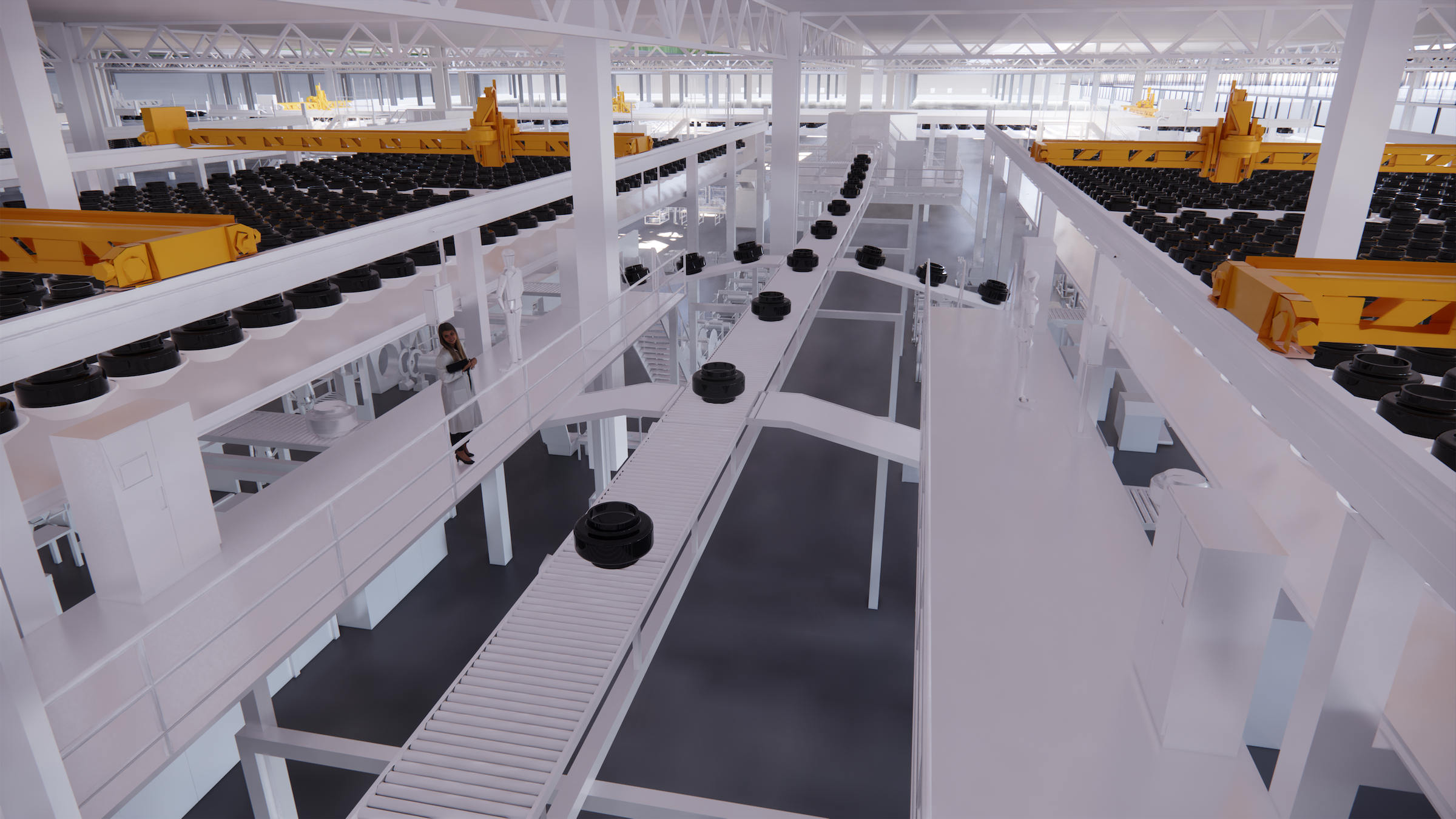
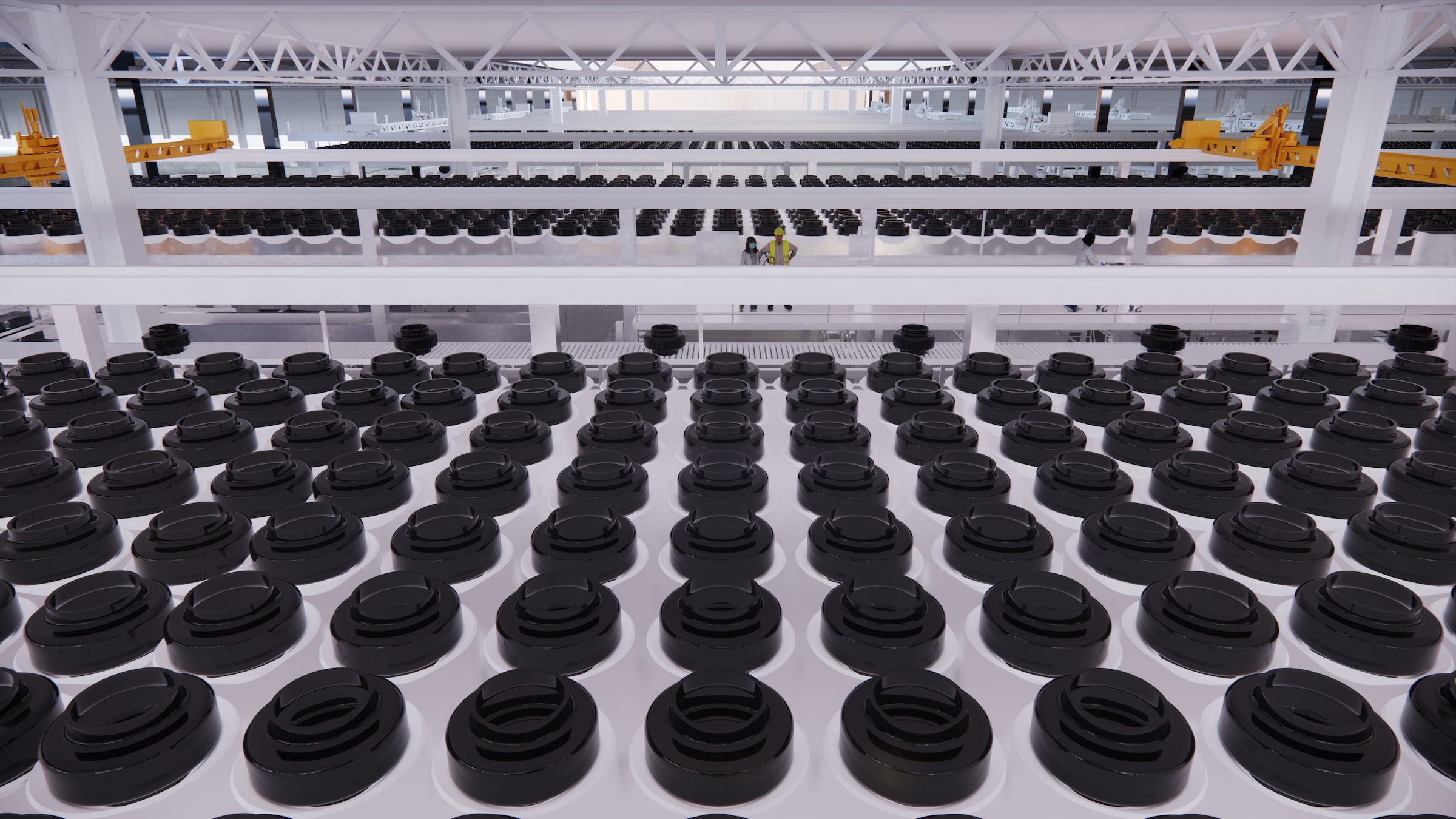
Related Stories
| Sep 17, 2014
New developments in data center design
From the dozen or so facilities housing Google’s 900,000 servers to the sprawling server farms of Facebook to Amazon’s seven sites scattered around the world, today’s data centers must accommodate massive power demand, high heat loads, strict maintenance protocols, and super-tight security. This AIA Discovery course is worth 1.0 AIA CES HSW learning units.
| Sep 9, 2014
Using Facebook to transform workplace design
As part of our ongoing studies of how building design influences human behavior in today’s social media-driven world, HOK’s workplace strategists had an idea: Leverage the power of social media to collect data about how people feel about their workplaces and the type of spaces they need to succeed.
| Sep 7, 2014
Ranked: Top state government sector AEC firms [2014 Giants 300 Report]
PCL Construction, Stantec, and AECOM head BD+C's rankings of the nation's largest state government design and construction firms, as reported in the 2014 Giants 300 Report.
| Sep 3, 2014
New designation launched to streamline LEED review process
The LEED Proven Provider designation is designed to minimize the need for additional work during the project review process.
| Sep 2, 2014
Ranked: Top green building sector AEC firms [2014 Giants 300 Report]
AECOM, Gensler, and Turner top BD+C's rankings of the nation's largest green design and construction firms.
| Sep 2, 2014
Extreme conversion: 17-story industrial silo to be converted to high-rise housing
As part of Copenhagen's effort to turn an industrial seaport into a bustling neighborhood, Danish architecture firm COBE was invited to convert a grain silo into a residential tower.
| Aug 26, 2014
Ranked: Top industrial sector AEC firms [2014 Giants 300 Report]
Stantec, Jacobs, and Turner top BD+C's rankings of the nation's largest industrial sector design and construction firms, as reported in the 2014 Giants 300 Report.
| Aug 6, 2014
25 projects win awards for design-build excellence
The 2014 Design-Build Project/Team Awards showcase design-build best practices and celebrate the achievements of owners and design-build teams in nine categories across the spectrum of horizontal and vertical construction.
| Aug 4, 2014
Facebook’s prefab data center concept aims to slash construction time in half
Less than a year after opening its ultra-green, hydropowered data center facility in Luleå, Sweden, Facebook is back at it in Mother Svea with yet another novel approach to data center design.
| Jul 28, 2014
Reconstruction market benefits from improving economy, new technology [2014 Giants 300 Report]
Following years of fairly lackluster demand for commercial property remodeling, reconstruction revenue is improving, according to the 2014 Giants 300 report.


